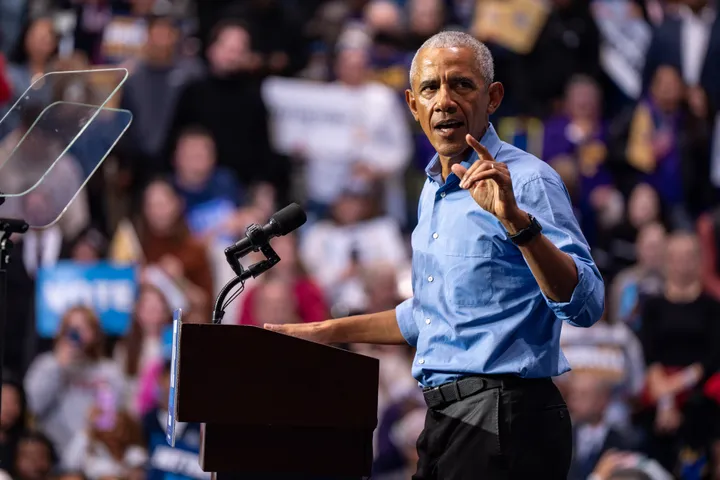“They are screaming: who’s going to forget this crime?” Asks the Iranian rap singer Hichkas (meaning “Nobody”), blasting the Iranian government for the brutal crackdown of November nationwide protests in which, according to a Special Report by Reuters, 1500 people were killed. The US State Department put the figure at 1000 and Amnesty International said 304 were killed but thousands were “detained arbitrarily” as authorities “crushed protests using lethal force”.
The song They've Clinched Their Fists is the story of the pain and the cries of those protest days 15-18 November. That is why it immediately went viral on the internet. In three days more than 200,000 had listened to it on Soundcloud. Many people continue to quote the lyrics in their daily Tweets and exchanges.
Hichkas, whose real name is Soroush Lashkari, is known as the godfather of Iranian rap. He symbolises a long tradition of protest songs that have for two centuries come to support mass protests in Iran.
Yet the tone of this latest rap is perhaps strongest ever heard.
This five-minute song set to horror music by Mehdiar Aghajani describes better than any news report the anger that many Iranians feel about the killings of demonstrators, at least 12 of them being children.
“They’ve killed all hope…
They’re crushing people under their boots
“They’ve made people cry so much ...
Now no tears are left for their tear-gas ploys.
“All hearts have grown so cold...frozen
Colder even than the bodies [of protestors] in mortuaries...”
“They’re washing the streets with blood but
They say: “only few casualties”.
“Verified video footage indicates severe violence was used against protesters, including armed members of security forces shooting from the roof of a justice department building in one city, and from helicopters in another,” Michelle Bachelet, the UN Human Rights Commissioner said.
Hichkas then takes the blame further:
“They’ve created cages everywhere
And they say there are no prisons.
They’ve stripped everyone of their possessions
But they ask “where’s your Islamic cover?”
Hichkas is not alone in writing protest songs but he’s certainly the most fearless in his criticism. He doesn’t mince his words nor does he oscillate between right and wrong.
As Iranian journalist Reza Shokrolahi says Hichkas sings for “all the nobodies”.
Contemporary songs have been the voice of major protest marches which seem to have happened every ten years in 1999, 2009, and now 2019.
Many of these songs carry the same theme of unity which Hichkas stresses: “We are all together,” perhaps because that is what is in fact lacking in the opposition real-politic.
“Come let’s stand together,” sang Mohammad Reza Shajarian, during the 1999 mass student protests. “Separately, we will never heal this common pain,” he said.
Shajarian, the most loved classicist singer also asked the military to: “Lay Down Your Gun” in the 2009 protests.
Rap singers are the new standard-bearers of what began in the Constitutional Revolution of 1906 with poets like Mirzadeh Eshghi and Aref Ghazvini. Their satirical verse condemned the dictatorship of the time, if perhaps in a softer tone.
Hichkas and other contemporary rap bands refer to this link to show the long loop of struggle for freedom.
During the 2009 protests when 3000 people were detained the underground band, Kiosk, led by Arash Sobhani, together with the modernist singer Mohsen Namjoo reproduced one of the most loved protest songs of the Constitutional era – Morgh e Sahar by the poet Malek O’Shoarai Bahar, with video illustrations of pictures of iconic freedom fighters.
The lyrics express a yearning for the dawn-nightingale to break out of its cage and sing the song of freedom for humankind.
For over a century – 114 years to be precise, since the Constitutional Revolution of 1906 – Iranians have been demanding freedom and justice.
Yet, the rulers, whether in the name of monarchy or Islam, have deceived them time and again establishing authoritarian regimes, ever more brutal in their suppression.
Perhaps November protests were not the largest show of dissent in Iran but the anguish expressed by the people in social media and in direct contacts certainly comes across as the deepest — just as Hichkas expresses it.
Even insiders criticised the order to shoot protestors.
Yet the arrests and intimidations go on. Reports from various provinces show heavy military presence deterring people from gathering or honouring their loved ones in the traditional 40-day mourning period.
Iran’s supreme leader Ali Khamenei believing mistakenly that he has “repelled the security enemy” in the “riots” has in fact been singled out for blame for reportedly saying: “do whatever it takes to end the protests”.
By all accounts the picture now emerging from Iran is extremely disturbing. It will not escape the collective memory of Iranians young and old.
As Hichkas says: “Who’s going to forget this crime?"






















